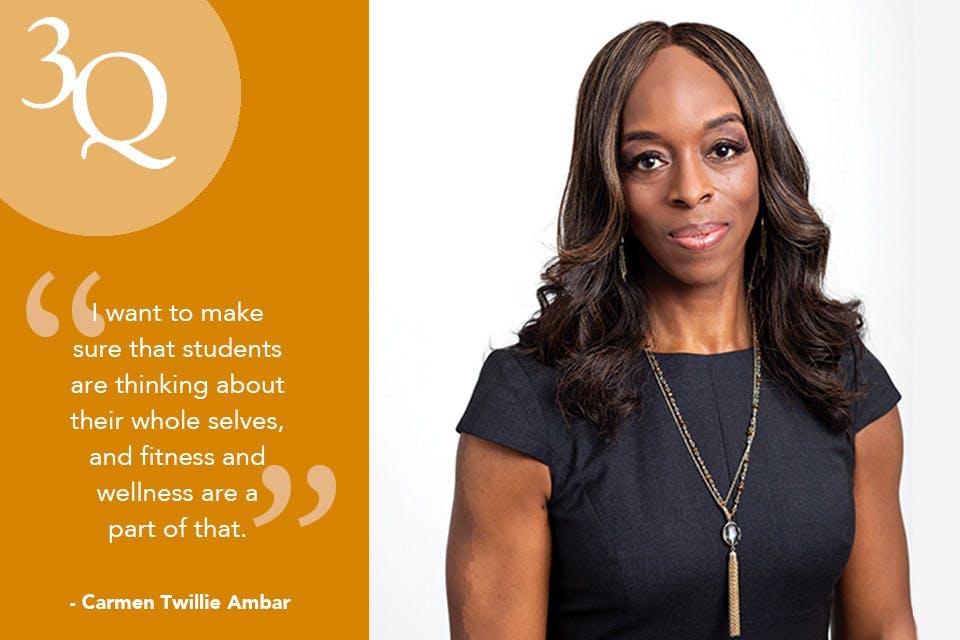Ohio Life
Carmen Twillie Ambar Discusses Fitness and Leadership
Oberlin College and Conservatory’s president used her quest to get fit as a way to connect with students.
Related Articles

How Kellie DuBay Gillis’ Science Career Shaped Her Nature-Focused Children’s Books
The Fairview Park-based environmental scientist’s enchanting kids books aim to inspire an appreciation for the outdoors. READ MORE >>

Patty Mitchell Shares Her Inspiration for Creating Passion Works Studio
Her Athens studio empowers artists of all ability levels to channel their creativity into joyful, vibrant works of art, including its signature Passion Flower. READ MORE >>

Annie Zaleski Discusses Her Book About Taylor Swift
The Cleveland-based music journalist and author shares why she wrote Taylor Swift: The Stories Behind the Songs. READ MORE >>



